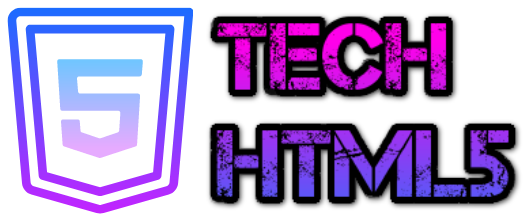1. Performance analysis: AI can analyze and interpret large amounts of sports data, providing insights and statistical analysis to coaches and athletes. This helps in understanding player performance, predicting game outcomes, and making strategic decisions.
2. Player tracking: AI-powered cameras and sensors can track and analyze player movements, collecting data on speed, distance covered, acceleration, and more. This information is used to improve training methods, monitor injury risks, and enhance player performance.
3. Injury prevention: AI algorithms can detect patterns and identify potential injury risks in athletes by analyzing data from wearables and player tracking systems. This helps in preventing injuries and managing the workload of athletes.
4. Automated officiating: AI is being used to automate certain aspects of officiating, such as video assistant referee (VAR) systems in football/soccer. AI can assist referees in making accurate decisions based on real-time data and video analysis.
5. Fan engagement: AI technologies provide personalized and interactive experiences for fans, such as virtual reality (VR) and augmented reality (AR) applications. These technologies enhance the overall fan experience and provide new ways to interact with sports content.
6. Sports betting and fantasy sports: AI algorithms can analyze vast amounts of data related to teams, players, and past performances to provide insights and predictions for sports betting and fantasy sports platforms. This helps users make more informed decisions.
7. Athlete recruitment and scouting: AI can assist in player recruitment by analyzing performance data across various leagues and identifying potential talents. AI algorithms can also help scouts by highlighting key performance indicators and suggesting potential recruits.
8. Performance enhancement: AI-driven technologies like wearable devices and smart equipment can track and analyze performance data, providing real-time feedback to athletes during training sessions. This helps in improving skills and overall performance.
9. Content generation: AI technologies can generate sports-related content, including news articles, match reports, and even video highlights. This reduces the manual effort required for content generation and provides fans with timely and relevant information.
10. Sports analytics: AI enables advanced sports analytics, allowing teams and organizations to derive insights from big data. These insights help in understanding game strategies, player performance trends, and making data-driven decisions for team management.





